The Russian attack on Ukraine has global humanitarian, political, economic and security repercussions. It is raising questions about national sovereignty, multilateralism and global order. The war has led to a global humanitarian crisis, as well as a global political, economic and security crises. International organizations have struggled to contain and manage the war, and especially the United Nations Security Council has been powerless in responding to the war. How can multilateralism be reinvigorated? What conclusions do Europe and especially Germany draw from the war in Ukraine and its own stance on multilateralism? How can it rebalance energy security and diversify supply chains? At the same time how can Europe ensure that the steeper price increases for food and fuel will not spur event greater unrest worldwide?
In order to help us to understand these complex issues, three distinguished speakers explored how to respond to this new global security environment. They discussed what strategic choices can Europe make to create a more stable world order built on multilateralism, cooperative security and diplomacy, and how to reform the global order to make it not only more resilient to future wars -- but also pandemics, climate change and technological innovations.
This was the third of many Geneva Security Debates to come.
Event moderator
- Dr. Christina Schori Liang, Senior Advisor, Research and Policy Advice Department, Geneva Centre for Security Policy
Speakers
- Prof. Dr. Norbert Lammert, Chairman of Konrad-Adenauer-Foundation and former President of the German Bundestag
- H.E. Prof. Dr. Christoph Heusgen, Chairman of the Munich Security Conference and Fellow at the Konrad-Adenauer-Stiftung e. V.
- H.E. Thomas Greminger, Swiss Diplomat and Director of the GCSP and former Secretary-General of the OSCE
The next Geneva Security Debates will take place on 11 October 2022 "Reinvigorating the Protection of Civilians – A Geneva Security Debate".
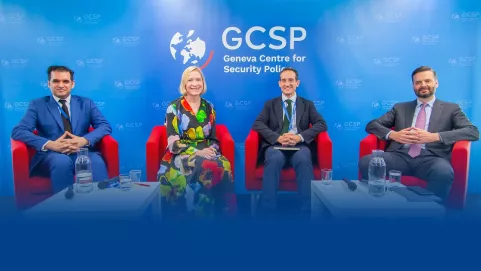 Impact of the War in Ukraine on Multilateralism and the World Order – A Geneva Security Debate
">
Impact of the War in Ukraine on Multilateralism and the World Order – A Geneva Security Debate
">
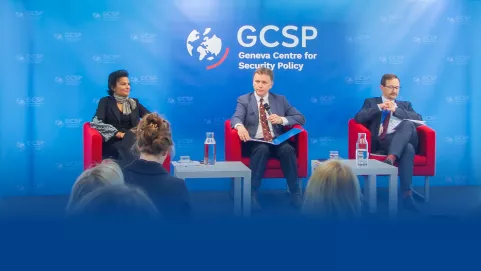 Impact of the War in Ukraine on Multilateralism and the World Order – A Geneva Security Debate
">
Impact of the War in Ukraine on Multilateralism and the World Order – A Geneva Security Debate
">
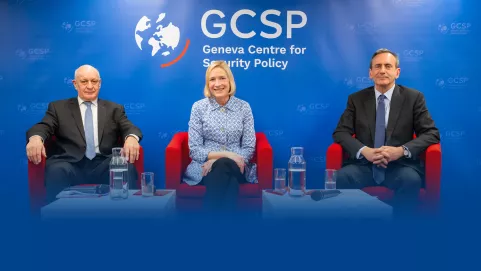 Impact of the War in Ukraine on Multilateralism and the World Order – A Geneva Security Debate
">
Impact of the War in Ukraine on Multilateralism and the World Order – A Geneva Security Debate
">
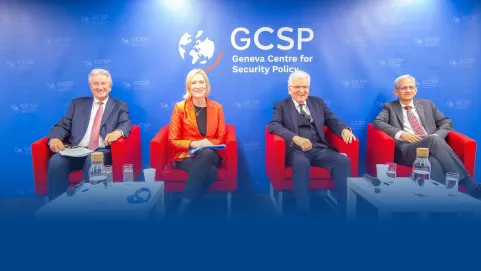 Impact of the War in Ukraine on Multilateralism and the World Order – A Geneva Security Debate
">
Impact of the War in Ukraine on Multilateralism and the World Order – A Geneva Security Debate
">
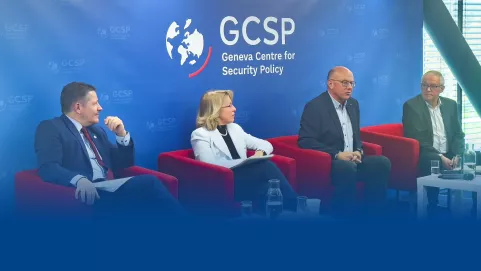 Impact of the War in Ukraine on Multilateralism and the World Order – A Geneva Security Debate
">
Impact of the War in Ukraine on Multilateralism and the World Order – A Geneva Security Debate
">
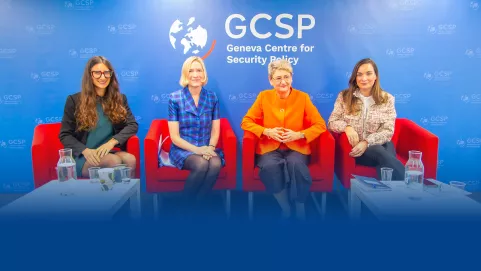 Impact of the War in Ukraine on Multilateralism and the World Order – A Geneva Security Debate
">
Impact of the War in Ukraine on Multilateralism and the World Order – A Geneva Security Debate
">
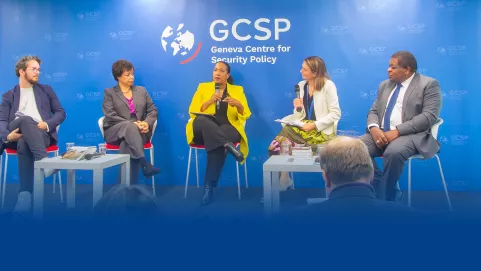 Impact of the War in Ukraine on Multilateralism and the World Order – A Geneva Security Debate
">
Impact of the War in Ukraine on Multilateralism and the World Order – A Geneva Security Debate
">
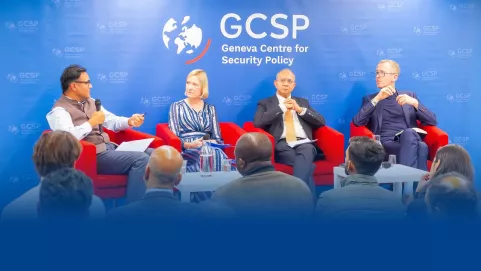 Impact of the War in Ukraine on Multilateralism and the World Order – A Geneva Security Debate
">
Impact of the War in Ukraine on Multilateralism and the World Order – A Geneva Security Debate
">
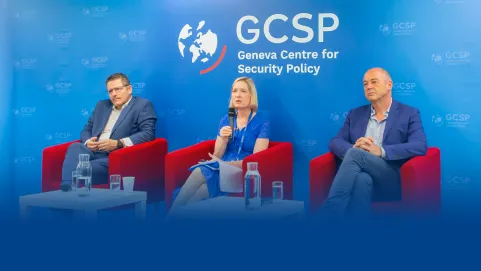 Impact of the War in Ukraine on Multilateralism and the World Order – A Geneva Security Debate
">
Impact of the War in Ukraine on Multilateralism and the World Order – A Geneva Security Debate
">
